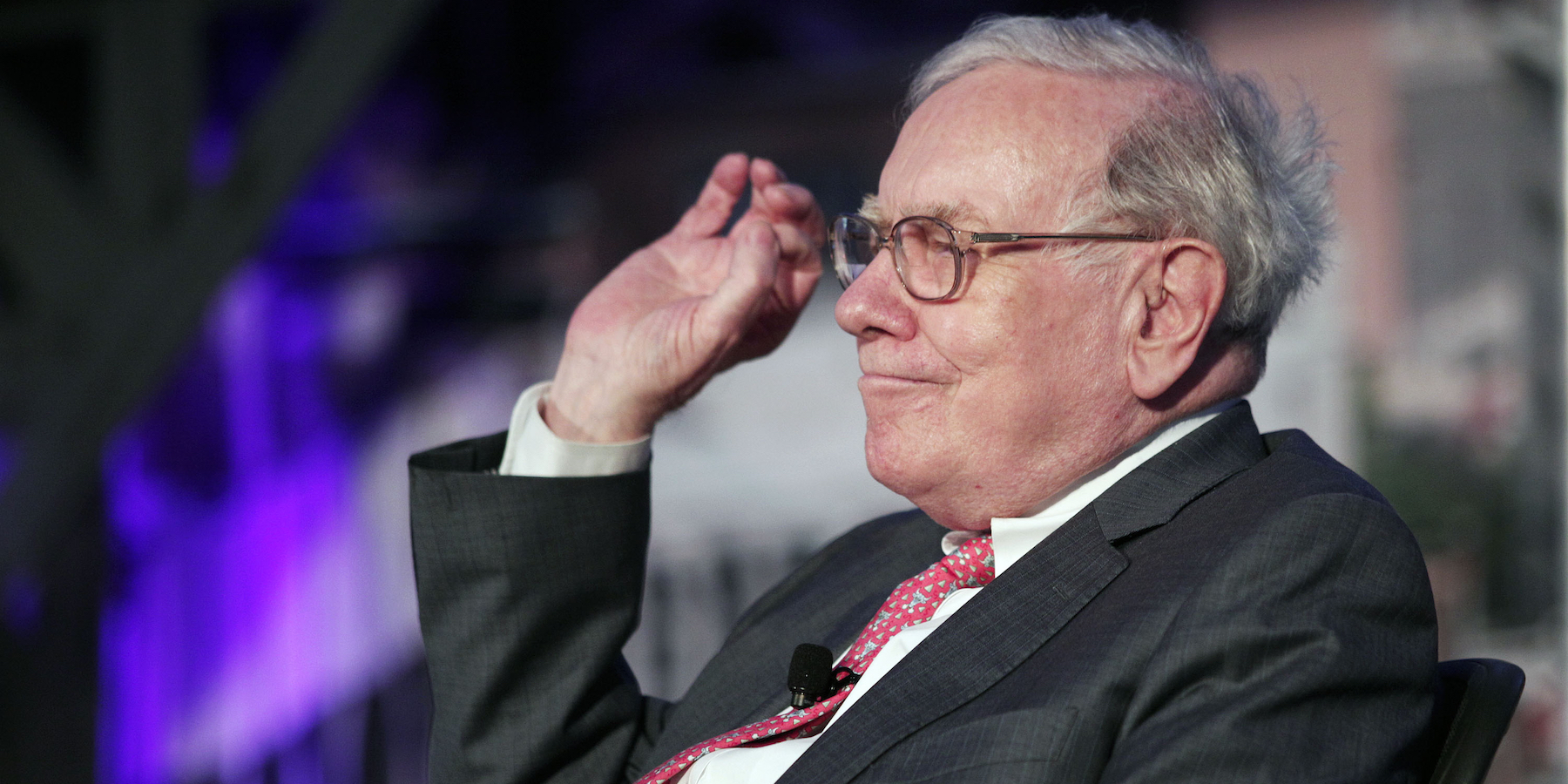
- Warren Buffett’s Berkshire Hathaway is set to invest $600 million in Scripps to help fund its $2.65 billion acquisition of ION Media.
- The billionaire investor’s company will receive preferred shares and a stock warrant in return, echoing Buffett’s past deals with Goldman Sachs, General Electric, Bank of America, Mars, and Occidental Petroleum.
- Berkshire’s Scripps deal is a return to its roots after uncharacteristic bets on Barrick Gold and Snowflake in recent weeks.
- Buffett’s deputies seem willing to disregard Buffett’s teachings, or emulate his strategies as needed.
- Visit Business Insider’s homepage for more stories.
Warren Buffett’s Berkshire Hathaway has shocked investors in recent weeks by dumping financial stocks, investing in a gold miner, and betting on a lossmaking technology company’s IPO. However, its latest deal shows it hasn’t completely torn up its traditional playbook.
The famed investor’s conglomerate has committed $600 million to help finance Scripps’ $2.65 billion takeover of ION Media. In exchange, Berkshire will receive 6,000 preferred shares carrying an 8% annual dividend, paid quarterly. If the media group doesn’t pay in full and on time, the dividend rate will rises to 9% or more than $650 million a year.
Berkshire will also be given a warrant it can exercise to buy 23.1 million of Scripps’ common shares for $13 each, up until one year after Scripps redeems all of the preferred shares. If Scripps’ stock price climbs past $13, Berkshire can use its warrant to buy the shares for $300 million then sell them for a profit.
Scripps has also agreed not to issue a dividend on its common shares or repurchase any shares until it buys back all of the preferred stock, incentivizing it to repay Berkshire as quickly as possible.
Blast from the past
The Scripps transaction echoes Buffett's billion-dollar investments in Goldman Sachs and General Electric in 2008 and Bank of America in 2011. Berkshire received preferred stock paying chunky dividends, as well as warrants in exchange for its much-needed cash in all three cases.
Buffett has also financed mega-mergers in the past. For example, Berkshire deployed $6.5 billion to help Mars acquire Wrigley in 2008, and invested $10 billion in Occidental Petroleum to fund its $38 billion takeover of Anadarko Petroleum last year.
The Occidental deal may offer the best comparison, as it centered on a merger and Berkshire received preferred stock and warrants in return for its cash. However, Occidental's cash-flow woes left it little choice but to pay Berkshire's dividends using stock for the past two quarters — an outcome that Scripps will want to avoid.
The Scripps deal may scream Buffett, but one of his two portfolio managers, Ted Weschler, is responsible for the transaction.
The takeaway is that Buffett's deputies are happy to break from his historical strategy as they did with their wagers on Barrick Gold and Snowflake, but aren't afraid to follow in his footsteps when the occasion calls for it.

